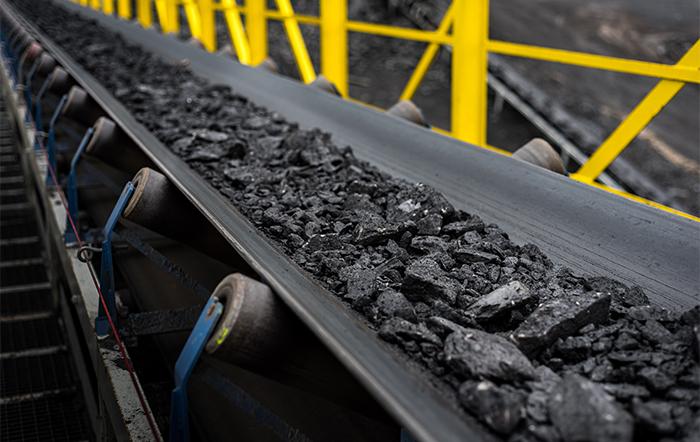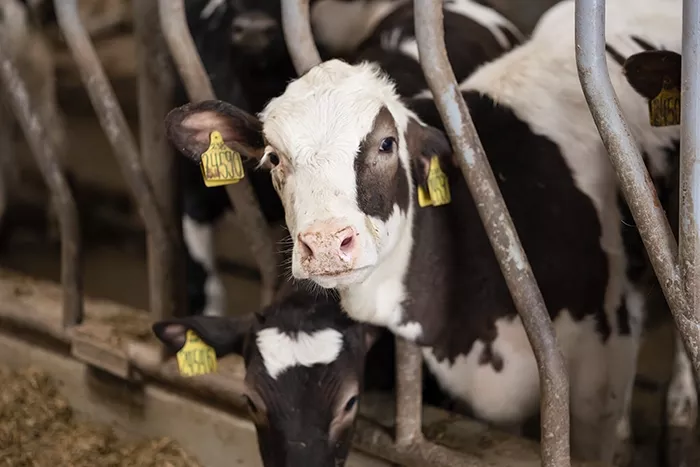The food industry will go to great lengths (and spend a fortune) to lobby policymakers, confuse the public and politicise scientific findings. When scientific evidence indicates the need to phase down environmentally harmful or unhealthy products, the responsible industry pushes back. In an article for The Conversation, Stephanie Walton, DPhil candidate in the School, explores how stranded assets may be motivating this resistance and examines the possible solutions.
News
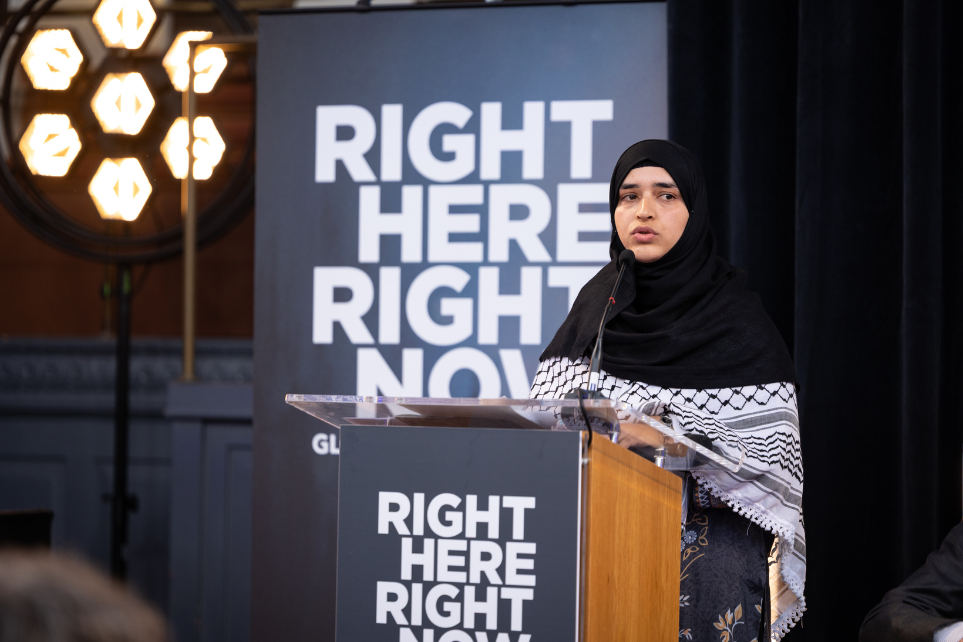
SoGE MSc student Tabina Manzoor gives opening address at Right Here, Right Now climate summit
Tabina Manzoor, a Kashmiri student, researcher, and environmentalist currently pursuing an MSc in Water Science, Policy, and Management at SoGE, served as a student co-moderator at Oxford’s recently concluded Right Here Right Now Global Climate Summit, where she also gave an opening address at the Sheldonian Theatre.
Park in the Dark: How the park becomes scary at night and what we can do about it
Each year, students on the School of Geography and the Environment's MSc in Nature, Society and Environmental Governance work in teams to make a film examining a particular policy issue. This year's winning film, as chosen by the audience, looks at parks after dark.
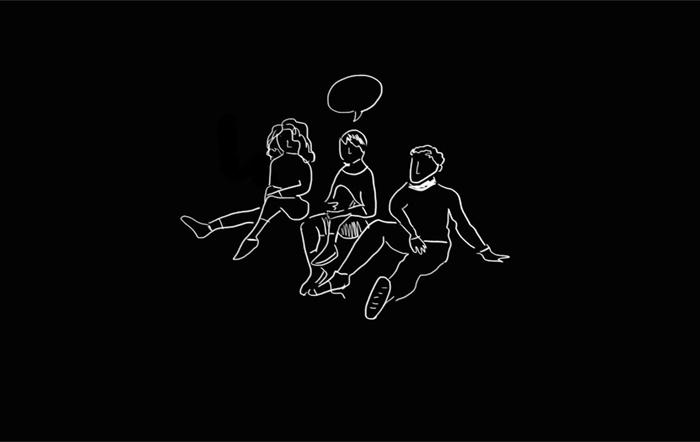
New 'Training Diplomats' project website launched
Fiona McConnell, working with Ruth Craggs and Jonathan Harris of KCL Geography, has launched a new website for their collaborative project "Training Diplomats of Postcolonial African States 1957-1997", funded by the Leverhulme Trust.
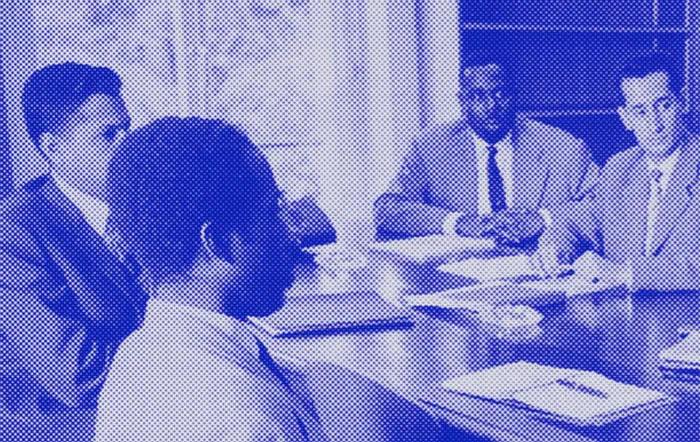
When will life return to normal after the pandemic?
No one can ever know for sure when life will return to normal after a particular event, not least because what's normal keeps on changing, even in normal times. Nevertheless, it's a question we can't help pondering - particularly when new COVID developments, such as the emergence of the omicron variant, keep on shifting the pandemic's goalposts - Prof Danny Dorling writes in The Conversation.

Satellites reveal Ethiopian elephants under threat
Tens of thousands of illegal human settlements pose a real threat to the continued existence of an endangered elephant population, according to satellite analysis of the Babile Elephant Sanctuary in eastern Ethiopia by University of Oxford researchers and the Born Free Foundation.
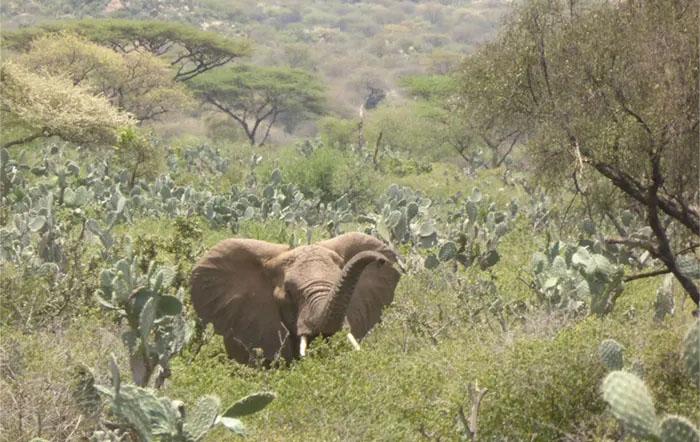
IKEA Foundation pledges £4.5m to back Oxford sustainable finance action
The IKEA Foundation is supporting, with a grant of £4.5 million over three years, four key University of Oxford Sustainable Finance Group projects, aimed at making a significant contribution to aligning finance and the financial system with the goals of the Paris Agreement.
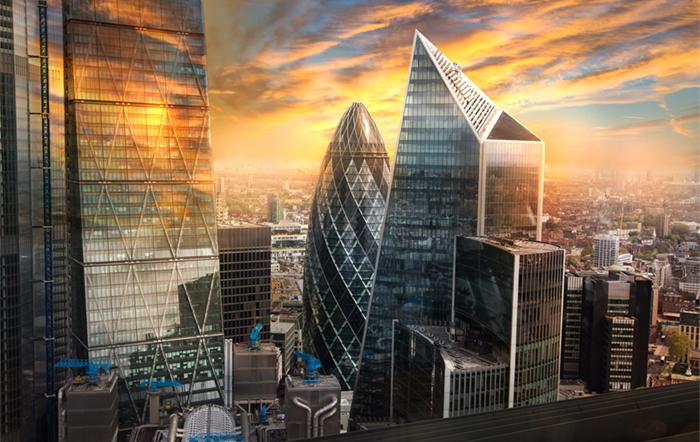
The Heather Viles on ruins, rocks, rubble and winning a certain gold medal
There is no red carpet, no statuette and no large cash prize for Geography. There is, however, a Gold Founders Medal. Just one is awarded each year and last year, Professor Heather Viles, former head of Oxford's School of Geography and the Environment, won it. It is a seriously big deal.
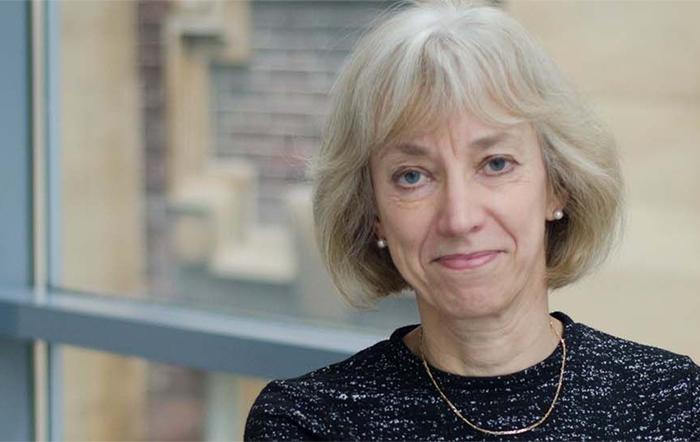
The world has made more progress on climate change than you might think - or might have predicted a decade ago
Following COP26, Professor Myles Allen takes a look at the decades-long process that started with the UN Framework Convention on Climate Change and explores how far we have come in an article for The Conversation.
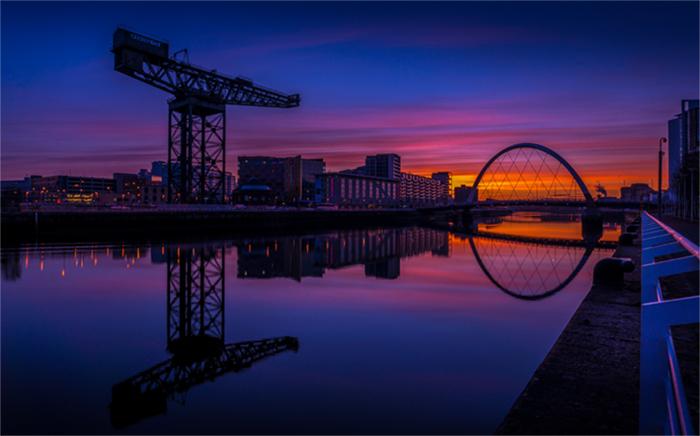
COP26: how unlocking nature's power can help the UK step up its fight against climate change
World leaders have been gathering at COP26, the UN climate summit in Glasgow, against a backdrop of flooded homes, closed roads and cancelled trains across the UK caused by extreme weather. These conditions are a stark reminder that as well as dramatically reducing our carbon emissions, we must also begin adapting to a climate that is already irreversibly changing.
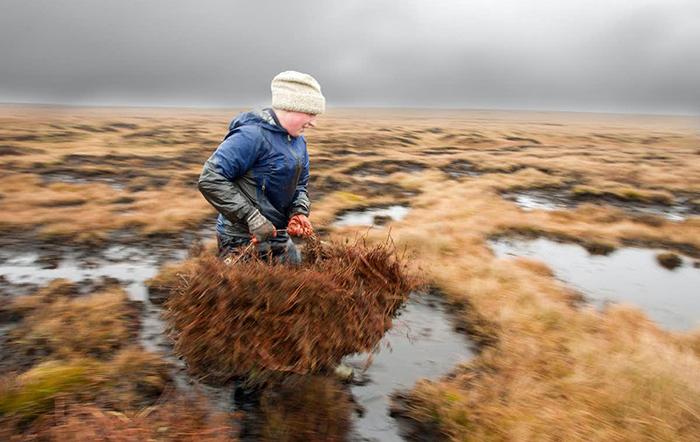
COP26: Seven reasons global transport is so hard to decarbonise
Transport accounts for 21% of global carbon emissions. It is now the largest emitting sector in many developed countries. On 'transport day' at the COP26 climate summit, Dr Christian Brand provides seven reasons why global transport is particularly hard to decarbonise. Part of The Conversation's coverage on COP26.

COP26: here's what it would take to end coal power worldwide
Why is coal such a stubborn relic of energy systems around the world - even where cleaner alternatives like solar power are cheaper? Alex Clark, DPhil candidate at the School, explores what can be done about it in an article in The Conversation. Part of The Conversation's coverage on COP26.
